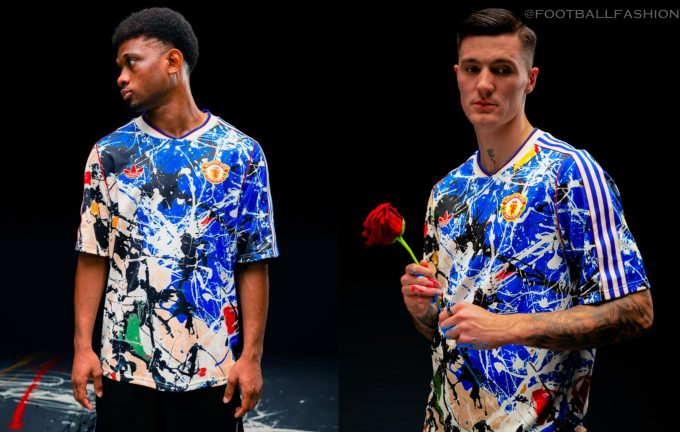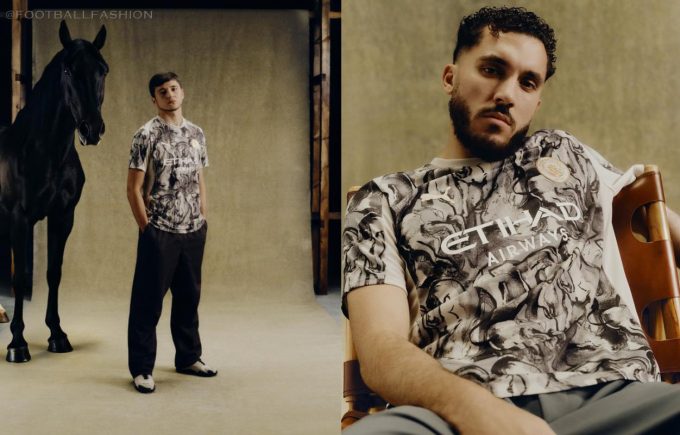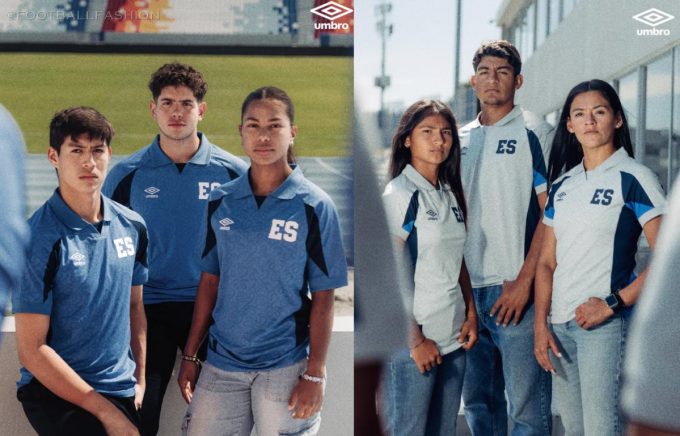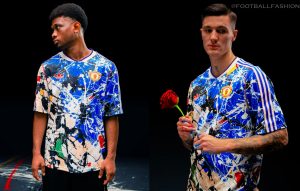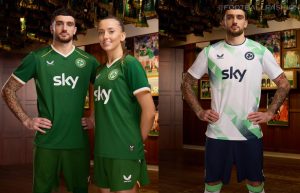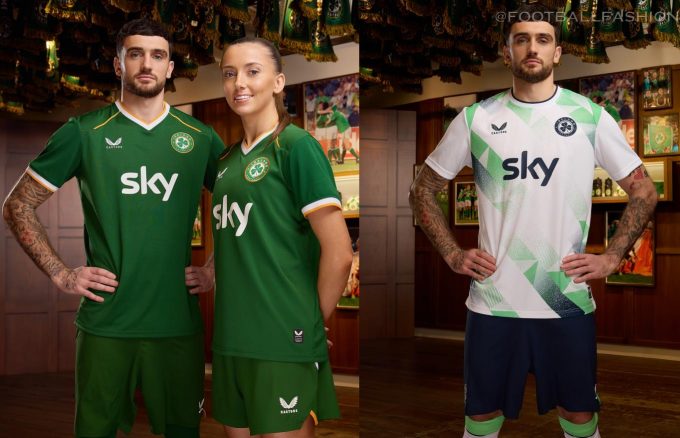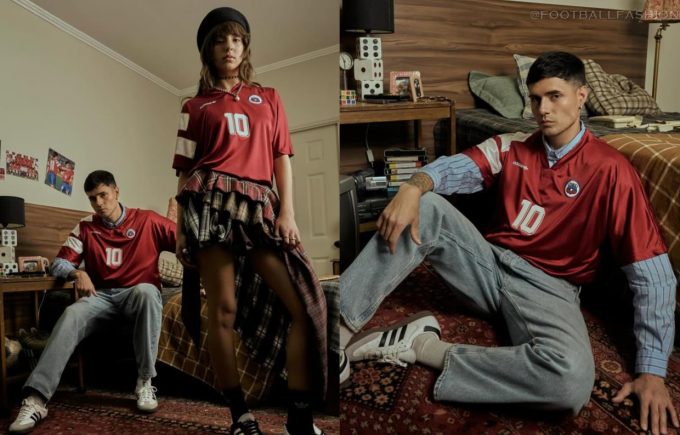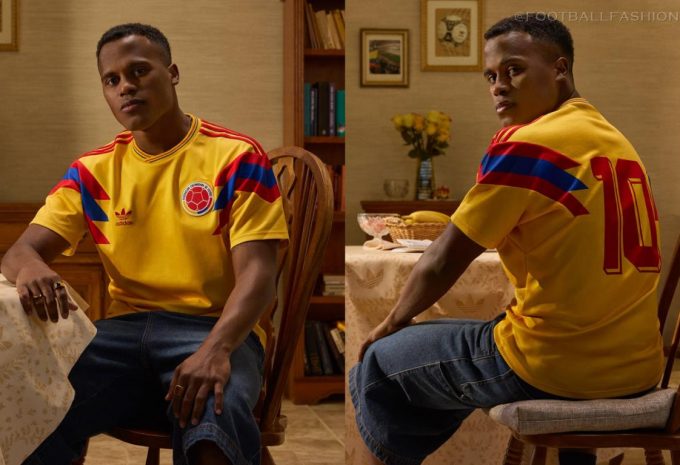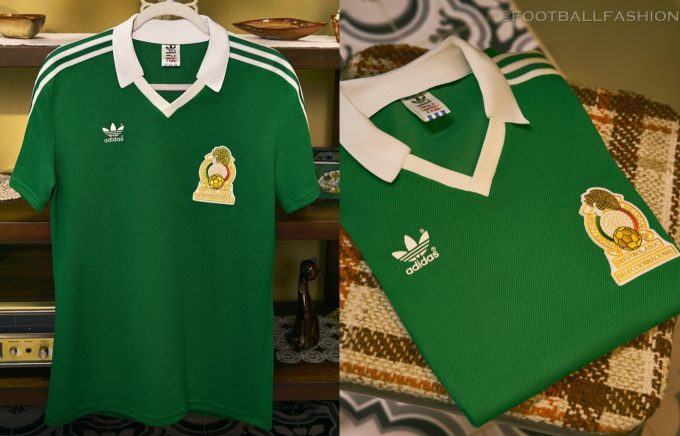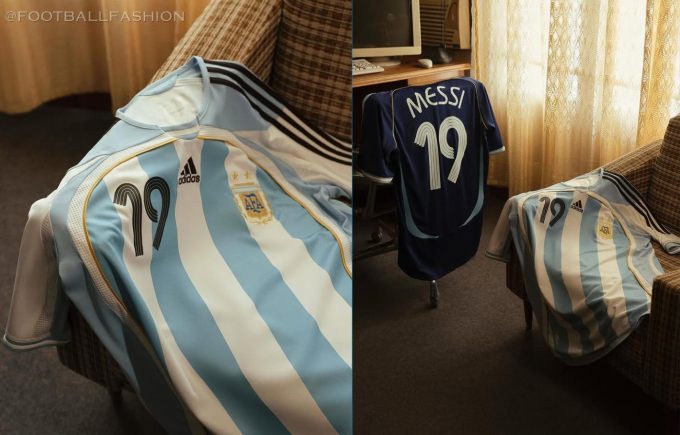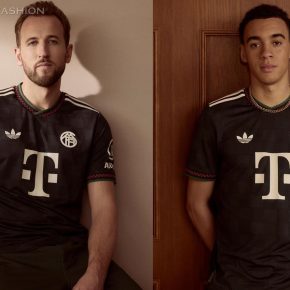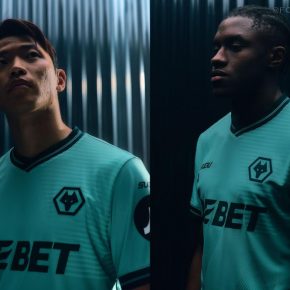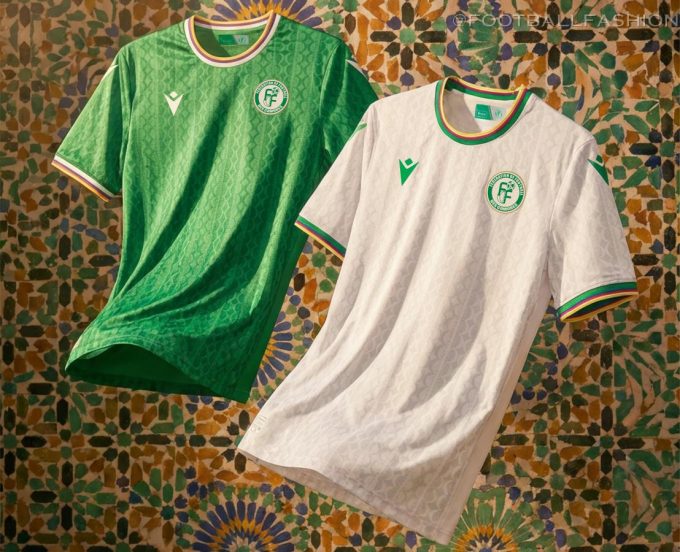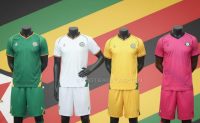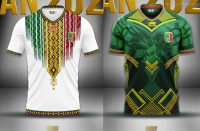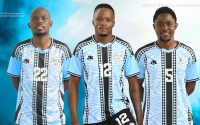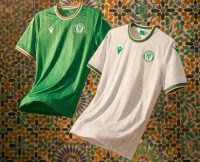Sponsorships on football kits have become essential in modern sports culture. Over time, they have evolved, impacting both club identity and fan interaction. As forums discuss these changes it showcases the intertwined nature of sport and commerce.
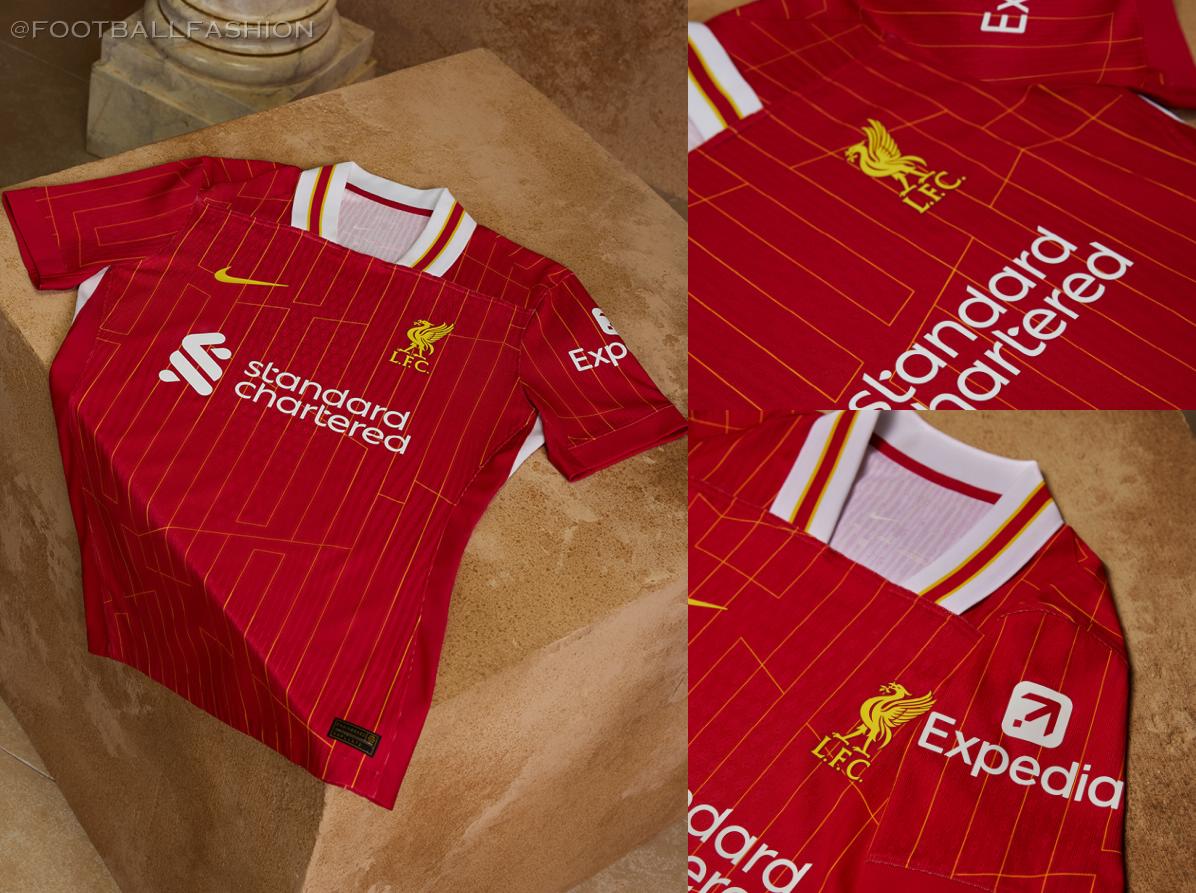
Football kits serve as a symbol of pride and a canvas for sponsorships that define commercial partnerships. These sponsorships are more than financial transactions; they significantly shape club identity and influence fan perceptions. As fans discuss the latest trends, premier league winner odds often become part of these conversations. The evolution of kit sponsorships is a testament to how sports and business intersect, creating a rich tapestry of fan engagement and club branding.
The historical evolution of sponsorships on kits
Sponsorships on football kits began as clubs sought additional revenue. Initially discreet, these logos have grown larger and more prominent. Early sponsor logos were simple, ensuring club emblems remained the focus. However, as commercial interests grew, so did the logos’ prominence.
This transformation was not just about aesthetics but also financial strategy. Clubs realized they could attract lucrative deals by offering prime space on their kits. Over time, fans have come to associate certain sponsors with their clubs’ identities, creating a unique bond between brand and team loyalty.
The 1980s marked a significant turning point in kit sponsorship history, as regulations began to accommodate commercial partnerships more openly. This period saw the emergence of more sophisticated sponsorship arrangements, with clubs negotiating multi-year deals that included performance-based bonuses and marketing rights. The transition from local businesses to international corporations as sponsors reflected football’s growing global appeal and commercial potential.
Sponsorship impact on club identity and perception
Sponsorships play a pivotal role in defining how clubs are perceived. A well-aligned sponsor can enhance a club’s image, while a mismatch can lead to controversy. Clubs carefully choose partners that reflect their values and resonate with their audience.
For example, a tech company sponsoring a team might signify innovation, aligning with fans who value these traits. Conversely, partnerships with brands that clash with club values can lead to backlash. Clubs understand that sponsorship choices directly influence their reputation.
The digital age has introduced new dimensions to sponsorship impact, with virtual and augmented reality technologies offering innovative ways to showcase partnerships. These technological advancements enable sponsors to create immersive experiences that strengthen the connection between fans and clubs. The integration of digital elements has transformed traditional shirt sponsorships into dynamic marketing platforms that extend far beyond the physical kit.
Fan engagement driven by sponsorship discussions
Kit sponsorships often spark lively debates among fans. Discussions range from design preferences to ethical considerations. These conversations mirror the excitement found in discussions about premier league winner odds on online forums.
Fans are deeply invested in their clubs’ image and are quick to voice opinions on sponsorship choices. Social media has amplified these discussions, providing a platform for fans worldwide to share views instantly. This engagement underscores how integral sponsorship is within modern football culture.
Looking ahead, potential trends in kit sponsorship will continue to evolve rapidly, presenting challenges and opportunities. Future developments will likely influence club identity and fan engagement in new ways. As clubs and sponsors navigate these changes, they must balance commercial interests with maintaining club identity.
The rise of fantasy sports and betting platforms has added another layer to fan engagement with kit sponsorships. Fans now analyze sponsorship deals not just for their aesthetic or ethical implications, but also for potential indicators of club financial health and competitive advantage. This heightened interest has led to the emergence of dedicated online communities where supporters dissect every aspect of sponsorship agreements, from financial terms to design choices.

